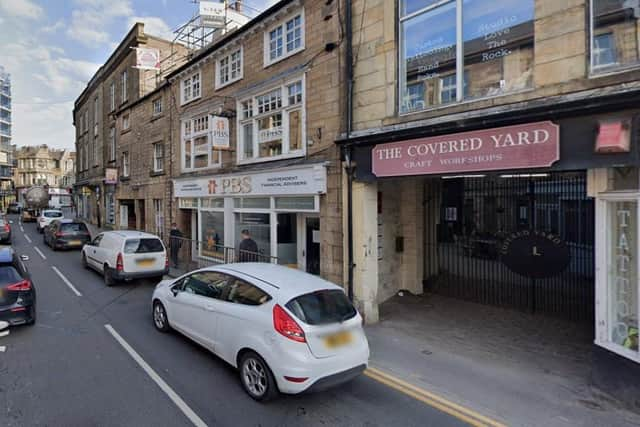Council to keep Lancaster workshop to support local businesses
and live on Freeview channel 276
In common with many councils, Lancaster City Council has conducted a review of its assets as a way of responding to the financial challenges faced by local government.
As part of this review, it had placed the Covered Yard on King Street on the property market.
Advertisement
Hide AdAdvertisement
Hide AdThe property, a former stables, is a unique format of four small workshop units occupied by craft enterprises with a retail element to their business.


In addition, there is one lock up shop fronting King Street, occupied by a tattooist and gallery.
Following an approach from a prospective buyer, the council’s cabinet considered the sale at its meeting on Tuesday (February 20).
After careful consideration, councillors decided not to go ahead and instead keep the property within the council’s portfolio of assets.
Advertisement
Hide AdAdvertisement
Hide AdCouncillor Phillip Black, leader of Lancaster City Council, said: “The Covered Yard had initially been considered to have the potential to raise a capital receipt for the council and while
it’s right that we look for areas where we might raise additional funds, after considering the sale, Cabinet agreed that this is not one of them.
“Our definition of ‘value’ always has to be broader than a simple consideration of the financial bottom line.
"One of the council’s newly agreed priorities is Community Wealth Building, the whole ethos of which is to use our land, property, finance, and procurement to benefit local communities.
“The Covered Yard provides space for several small independent businesses and is therefore a good example of how the council can contribute to local enterprises through the use of its
property.”